 Summer is here! With warm weather and sunny days, many people are excitedly pulling out their camping, hiking, or back country gear and preparing for that big trip to the great outdoors.
Summer is here! With warm weather and sunny days, many people are excitedly pulling out their camping, hiking, or back country gear and preparing for that big trip to the great outdoors.
Getting outside is important, not just to reconnect with nature, but also for your health. However, it can be easy to forget while out in our many wonderful parks and paths that these spaces are still ecosystems, and our impact while interacting with them can place a huge strain on that system.
It doesn’t have to be hard to be mindful, though. With a few quick tips, and a bit of conscious effort, you can be confident during your trip that your impact was minor and the outdoors will be left as awe-inspiring as you found it for the next person to enjoy! Leave no Trace is Canada’s leading organization dedicated to providing the outdoor enthusiast with best practices to not only enjoy their time away from the urban environment, but do so in a practical way that keeps the environment in mind. We’ve highlighted them and their work before, but this time let’s talk a bit about those 7 main principals that are recommended to everyone who enjoys the outdoors:
1.Know where you’re going and plan accordingly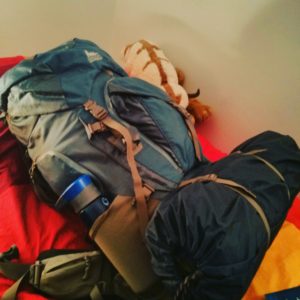
Lots of campsites, hiking trails, and back country reserves have special rules. This makes sense and is important. Not every outdoor space is created equal, and so special considerations are made by the local experts to ensure these spaces last for everyone to enjoy. Be mindful of the location you are heading to and pack appropriately. Failing to do so can lead to a miserable, and quite possibly dangerous, experience. So make sure you know your stuff, and don’t be afraid to ask if you need help!
2.Stick to the trail…and avoid unnecessary damage
Trails and campsites are developed for a reason. By sticking to these areas, we minimize our impact on the environment we are hoping to enjoy. Failing to do so can be damaging to local wildlife, can lead to soil erosion, and cause confusion for future users expecting to find clear and concise paths.
If you need to go off trail for any reason, there are a couple of things to consider when deciding your best path of least impact. Leave no Trace goes into greater detail, but the basics are this: if the ground is durable, and can withstand the impacts of your walking on it, make use of it but in moderation.
3.Have a plan for waste
Waste is one of the largest contributors to the degradation of ecosystems. Have you ever been at a park or on a trail and suddenly found empty packaging, cigarette butts, or broken glass? Not pretty. And not only does this trash degrade the quality of a person’s experience of a space, it is also quite harmful to local wildlife. In addition, trash leeches harmful chemicals into the surrounding environment as it decomposes, which has serious negative impacts on the water and soil quality.
Make sure you have a plan for taking everything you brought with you back out. Bring something to carry your trash in, including all food scraps.
Manitoba is home to a great bounty of outdoor wonder. But discovering all that our outdoors has to offer requires us to leave it as we found it. This affects a lot of what we do outdoors. Anything that we find outdoors should stay outdoors, and sticks, stones, and plants that we find outdoors should not be picked and removed.
If you are camping or resting, do your best not to alter the site by digging or clearing areas too heavily. If you do have to clear a space, try your best to return it to how you found it. And avoid damaging live plants and trees, even those underfoot.
5.Fire and You
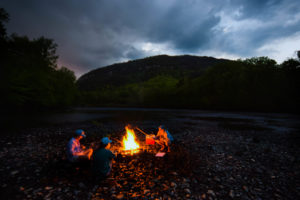 Campfires are one of the best components of a picture-perfect camping trip. Not only that, but fire is often a necessity when out on the trail. That said, misuse of heat sources can also lead to disastrous consequences.
Campfires are one of the best components of a picture-perfect camping trip. Not only that, but fire is often a necessity when out on the trail. That said, misuse of heat sources can also lead to disastrous consequences.
Learn how to make a campfire that minimizes the risk of accidents. If using a camping stove, it is important to know how it works and that it’s in sound working order. And if a fire ban is in effect, respect the ban and determine alternatives for heating (another reason why recommendation #1 is so important).
6.Be mindful of local wildlife…observe and enjoy
This tends to be one of the most obvious offenders. Wildlife need to be respected and allowed a respectable distance. They should not be followed or approached, and they certainly should never be fed. Feeding wildlife can be damaging to their health and can affect their natural behaviours. Animals in the wild should be observed, but never interacted with.
7.Be mindful of your fellow enthusiast
Getting outdoors can often be a very private experience. With this in mind, a mutual respect for others is necessary in getting the fullest experience out of it that’s possible. The obvious things to avoid are excessive noise and littering.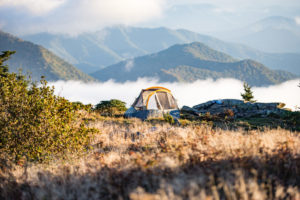 Keep in mind that most people are looking to feel a sense of solitude, so if you can rest, hike, and camp in a way that minimizes your impact on others, do so.
Keep in mind that most people are looking to feel a sense of solitude, so if you can rest, hike, and camp in a way that minimizes your impact on others, do so.
Don’t forget, there are plenty of tips and tricks to leaving no trace and varying degrees of impact mitigation. Do your best to follow these rules while outdoors, and you can ensure that these wonderful places will available to many others looking to have a great experience in the years to come.

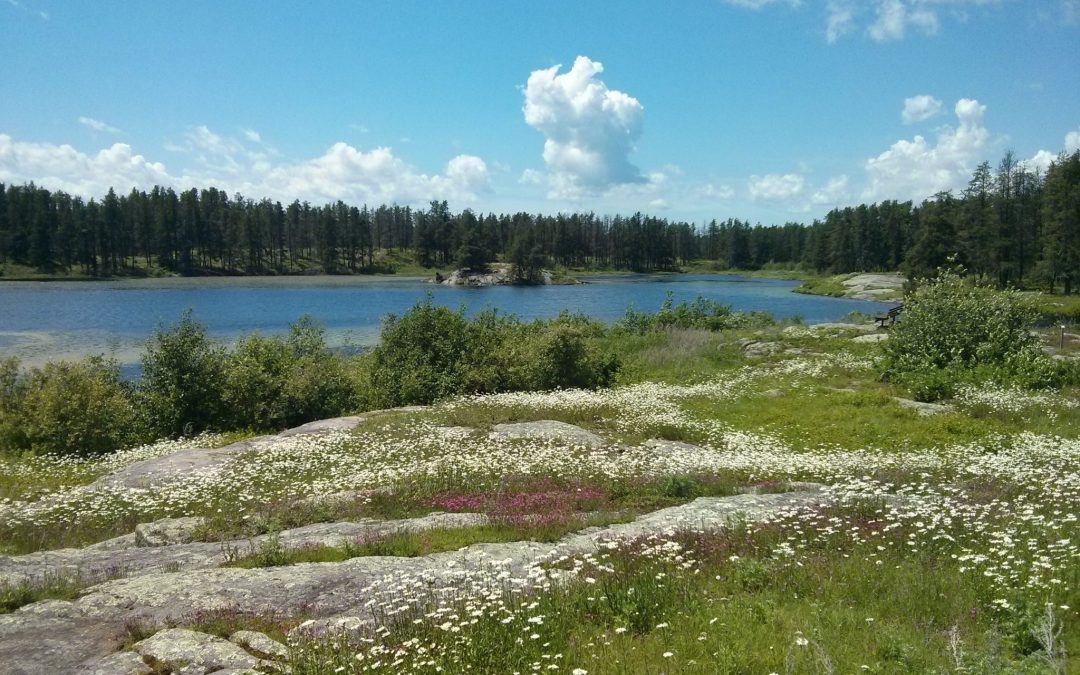
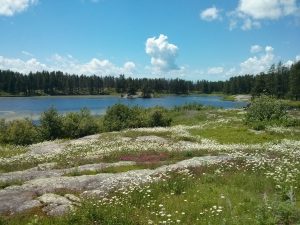


Recent Comments